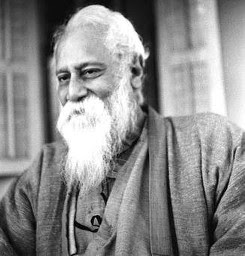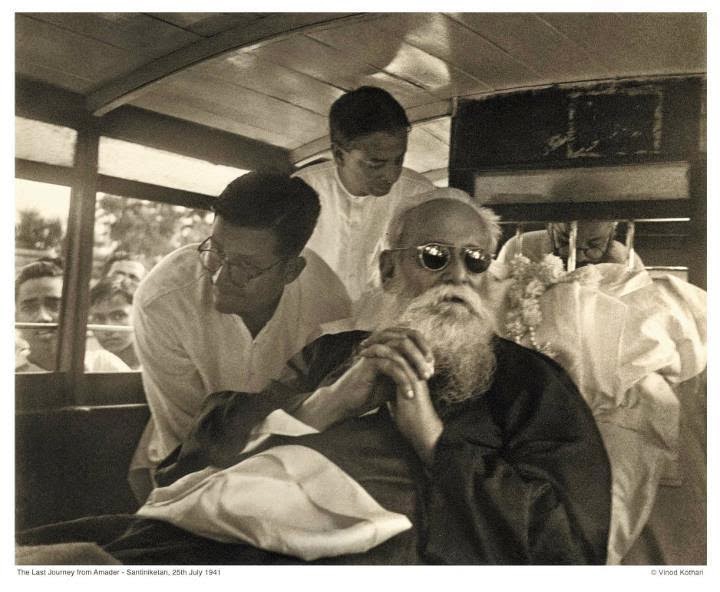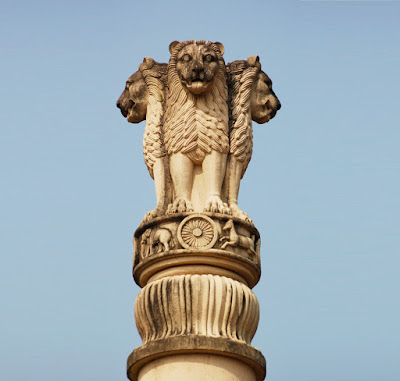A World of Beauty: Tagore's Idea of India
Unlike the American founders, the Founders of Modern India generally get a bad press. Indeed, many people do not think of them as Founders at all - India was there for thousands of years, they say - and merely see them as political operators who negotiated Independence, a bad one, with the British, only in order to grab power for themselves. That the creation of Modern India was an act of political imagination is overlooked with purpose and intention. That the 'founding' generation had to come up with the idea of timeless India which we now take for granted - and give us the sense of History that we now have - has been completely forgotten. Besides, we are now in a destructive frenzy of an adolescent tearing down the house they built: There was never a worse time to claim the Foundership of what is being considered a great country and a failed experiment at the same time. In this era of 'unfounding', speaking about Tagore's idea of India may only have the effe...






